Partnerships with CROs in Clinical Trials: A Key Success Factor for Pharma and Biotech Companies
Created: 03.01.2024
Collaborating with a CRO in clinical trials has become a strategic success factor for many pharmaceutical and biotech companies. In an increasingly complex regulatory and economic environment, companies rely on the specialized services of contract research organizations to ensure the efficient and compliant execution and management of clinical trials.
Especially when it comes to planning and conducting analytical tasks, CROs offer decisive advantages: outsourcing not only reduces internal costs but also enables companies to access cutting-edge technologies, validated processes, and experienced expert teams. Close collaboration with a CRO allows studies to be conducted more efficiently and brought to market approval faster.
Communication as the Foundation of Successful Studies
A strong partnership between sponsor and CRO is built on clear, continuous communication. Weekly meetings and project-related status updates are essential to address short-term changes or unexpected results early on. In critical phases of a clinical trial, daily exchanges may even be necessary—particularly when facing recruitment challenges, unexpected data deviations, or protocol amendments.
Active communication ensures that the CRO and sponsor can operate as a coordinated team. This allows bottlenecks to be resolved more quickly, operational risks to be reduced, and well-founded decisions to be made collaboratively. It saves time and costs—and strengthens the foundation for successful clinical trials.
White Paper
Technologische Systeme und Datenmanagement
Ein wesentlicher Vorteil der Zusammenarbeit mit CROs liegt in deren technologischer Infrastruktur. Validierte Softwaresysteme – etwa für die Labor- oder Studiendatenverwaltung – ermöglichen die vollständige Rückverfolgbarkeit von Proben und Ergebnissen. Auch elektronische Datenerfassungssysteme (EDC) und Tools zur Fernüberwachung von Studienzentren gehören heute zur Standardausstattung professioneller CROs.
Ein wichtiger Punkt: Viele CROs verfügen über lizensierte Fragebögen (z. B. für Lebensqualität, Symptomlast oder Behandlungstreue), die schnell und rechtssicher in Studien integriert werden können – ohne zeitaufwändige Abstimmungen mit Rechteinhabern.
Technological Systems and Data Management
One of the key benefits of working with CROs lies in their technological infrastructure. Validated software systems—for instance, for lab or study data management—enable full traceability of samples and results. Electronic data capture (EDC) systems and tools for remote site monitoring are also standard features of professional CROs today.
An important aspect: many CROs have licensed questionnaires (e.g., for quality of life, symptom burden, or treatment adherence), which can be quickly and legally integrated into studies—without time-consuming negotiations with rights holders.
The structured creation, processing, and archiving of data is carried out in accordance with international standards, ensuring full compliance with regulatory requirements. This is supported by quality-assured workflows, standard operating procedures (SOPs), and experienced data management teams that can also perform complex statistical analyses when needed.
Building Trust and Ensuring Transparency
Successful CROs stand out not only through their expertise but also through openness, reliability, and proactive communication. They focus on transparent planning, realistic timelines, and early risk management—not on short-term promises that can’t be kept later on.
Regular and honest exchanges build trust—on both sides. This is particularly important in the face of delays, deviations, or critical audit questions. Companies that rely on a transparent partnership not only receive more reliable results but also build a trusting relationship with their CRO over time—with positive effects on all future projects.
Agility and Scalability
Flexibility is especially crucial in later stages of product development or in adaptive trials. CROs with scalable structures can quickly provide additional resources—for example, in the case of sudden expansion of recruitment regions or increased monitoring needs.
Protocol amendments, regulatory inquiries, or short-term requirements for new documentation can also be efficiently handled through agile processes. This ensures that the study stays on schedule even under pressure.
This agility makes CROs more than mere service providers—they become dynamic partners that support companies not just in isolated tasks but throughout the entire product life cycle.
Ongoing Support Beyond the Study
The role of a CRO does not end with the last patient visit. Even after the clinical trial concludes, maintaining test facilities, continuing to meet regulatory requirements, or assisting with regulatory submissions are all part of the CRO’s service portfolio.
A long-term partnership enables the seamless integration of test plans, audits, and data analyses into the company’s existing processes—an important advantage over using ad hoc service providers.
The shared experience, the well-coordinated team, and the consistent organization of all study activities contribute to more efficient planning and execution of future projects—with consistently high quality and strict regulatory compliance.
Conclusion
Partnerships with experienced CROs in clinical trials offer far more than operational support. They enhance quality, efficiency, and reliability across all study phases—from planning and management to execution and follow-up. For research-driven companies, choosing the right CRO is therefore a crucial lever for long-term success in clinical research.


